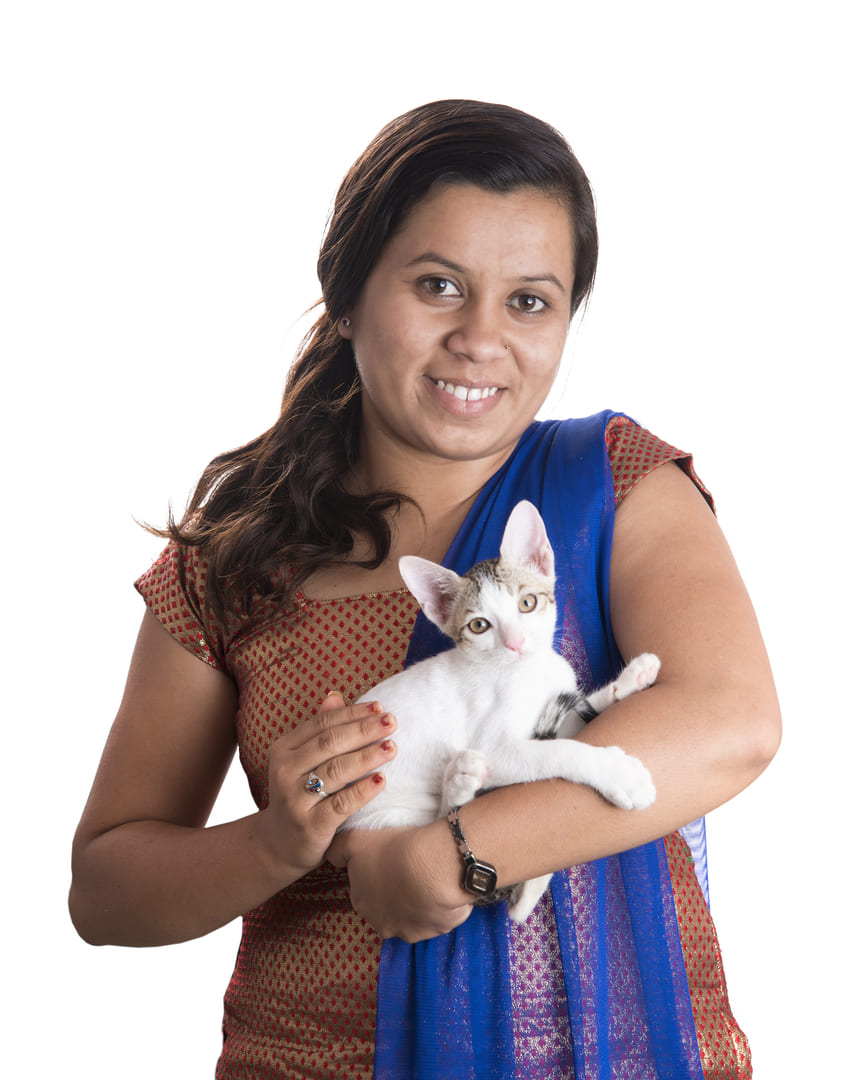I knew it wasn’t good news when the phone rang at 6 a.m. last Sunday. On the other end, a woman’s voice cracked with emotion. Doctor, I can’t go on. I’ve lost everything. My cat ran away, and now I have nothing to live for.
As a physician, I’ve seen my fair share of grief. But the pain of losing a pet often cuts more profound than we expect. Why do some people form such intense bonds with their animal companions? And how can we navigate the emotional rollercoaster of pet ownership?
The Lonely Hearts Club
It’s no secret that pets often fill an emotional void. Single adults, particularly those without children, tend to form the most muscular attachments to their furry friends. Take the lady surgeon I once met, surrounded by a dozen colourful cats in her clinic. “They’re my family,” she confided. “I need them for emotional support.”
But it’s not just the lonely who fall head over heels for their pets. Even those with bustling social lives often claim to love their animals more than most humans. What gives?
The Power of Unconditional Love
Pets offer something rare in human relationships: unwavering acceptance and affection. They don’t judge us for our flaws or hold grudges. This unconditional love creates a powerful emotional bond, rivalling our closest human connections.
For some, this attachment becomes all-consuming. They cancel plans to stay home with their pets, talk about them incessantly, and prioritize their animal’s needs above all else. While devotion to our furry friends is admirable, it’s essential to maintain a balance.
When Grief Strikes
The intensity of pet-owner bonds becomes painfully clear when we lose our animal companions. I’ve seen patients sink into deep depression, lose weight, and struggle to function after a pet’s death. The grief can be as profound as losing a human family member – sometimes even more so.
Others often do not recognize this bereavement. “It’s just a cat,” they might say, not understanding the depth of the connection. This lack of empathy can leave pet owners feeling isolated in their pain.
Finding Balance
Is it healthy to love our pets so profoundly? The answer isn’t black and white. While pets provide immense emotional benefits, over-attachment can lead to social isolation and difficulty coping with loss. Here are some tips for maintaining a healthy relationship with your furry friend.
1. Nurture human connections alongside your pet relationships.
2. Set boundaries – it’s okay to prioritize social events sometimes.
3. Prepare for the inevitable by acknowledging your pet’s lifespan.
4. Seek support from fellow pet lovers who understand your bond.
5. Consider professional help if grief becomes overwhelming.
Loving your pet doesn’t mean you can’t also cherish human relationships. By finding balance, you can enjoy the unique joy of animal companionship without sacrificing other important aspects of your life.
The next time you see someone cooing over their dog or mourning a lost cat, remember – that bond is real, powerful, and worthy of respect. Our pets may have four legs, but the love they inspire is undeniably human.

